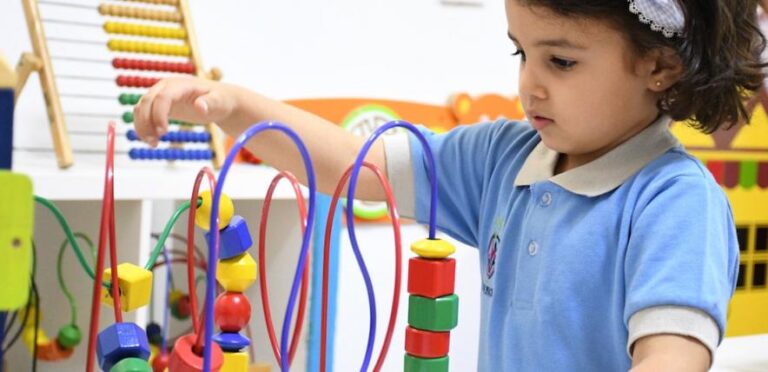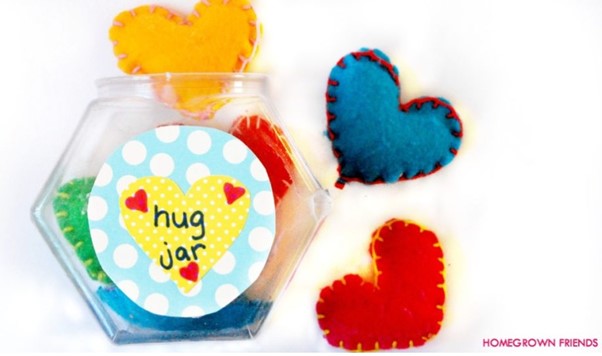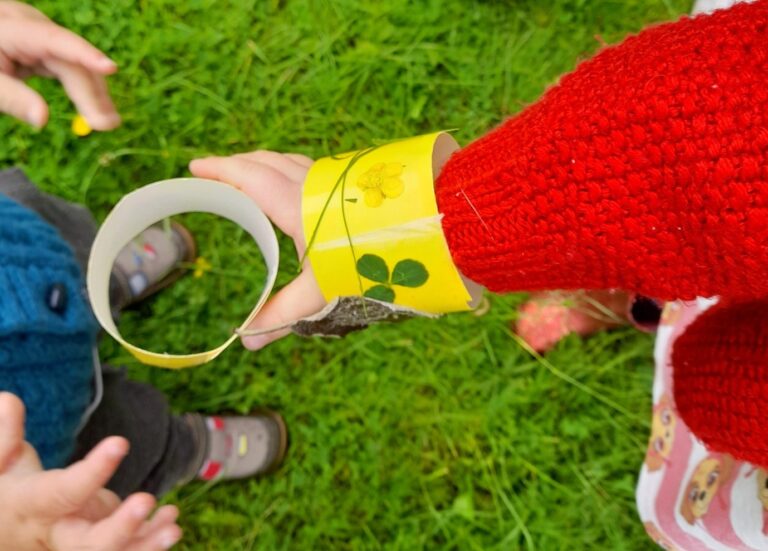By Alison Heseltine
What is resilience and why is it important for our children?
Resilience is our ability to cope with, and adapt to, the changes, challenges and difficulties that we all may face in our lives.
In recent times it seems to have become more significant than ever for our children, but actually it has always been a key factor in helping them learn to deal positively with change.
Recent research has also shown it to be important for our children’s mental health as individuals with greater resilience are able to respond better to those inevitable difficulties that life brings and are less stressed when doing so.
We teach our children so many skills like swimming or learning to ride a bike why wouldn’t we help them to learn about and build their resilience too?
Every child can be resilient, some are born naturally more so than others, but the good news is that it is a skill that can be learnt in the family and community environment with our support.
As parents and carers, we have the opportunity to make a real lifelong difference to our children.
What can we do to help?
Developing connections
Children who are more resilient are good at connecting with others as they can find and ask for help when they need it.
By helping your child to develop healthy, supportive relationships and developing their social skills you are enabling the building of those connections.
Just spending time together doing the things that you both enjoy gives those moments when you can teach them about their emotions and that its okay to feel that way, as well as role modelling how you understand and connect with others.
Foster independence
In addition to knowing when to ask for help it is important your child can cope with and solve smaller problems by themselves, so giving opportunities to foster their independence skills is essential.
Allow them to carry out appropriate, simple tasks like learning to put on their own coat or engage in free open-ended play where they get to choose what happens.
As an adult it can be tempting to step in and do everything for them, (especially in busy lives when we are rushing to get everything done), but they need the time and chance to solve problems and make decisions themselves to develop their independence skills.
Show them how you make choices and allow them to make some of their own, but just make sure you can accept the decisions they make.
Managing emotions effectively
Being resilient isn’t about pretending that you don’t have emotions by hiding them away – it’s about learning how to manage those emotions and use them positively when presented with a challenge.
By spending time together allowing your child to play and talk in a relaxed informal environment you will give them the opportunity to share their feelings and to recognise and start to learn to manage their emotions.
As an adult we can then show them that we are aware of and understand how they are feeling, not only supporting their understanding of their own emotions, but also recognising them in others.
Preparing ahead and being positive
Try talking positively to your child in advance about what is going to happen if you think it is something that they might be worried or anxious about.
This can help them to prepare and come up with their own ideas of how they are going to cope.
Help them to understand that there are going to be difficult times in life and be a positive role model when you face challenges.
Our children are often watching us and learning from how we react and what we do.
Calculated risks and achieveable challenges
Give your child a chance to build their confidence and learn how to deal with challenge.
Let them experience age and developmentally appropriate “safe” risks so that they have the opportunity to practice overcoming difficulties.
Risk doesn’t always need to be physical, there are other risks you can take such as the risk of losing a game, making a mistake or failing at a task like building a tower.
Conquering these challenges must be achievable for your child – just stretching them that little bit out of their comfort zone – otherwise they can become disheartened.
Taking on these challenges allows your child to learn through trial and error, to adjust their thinking, to persevere and then get that wonderful sense of achievement when they succeed.
Recognising differences
Finally, it’s important to remember that the struggles and challenges that we all face are different for everyone and something that one child can deal with easily will seem insurmountable to another.
As adults therefore we must see our children as unique individuals respecting that they all have varying levels of resilience.
Their flexibility to cope with change alters depending on other events that are also happening in their lives — a new sibling, moving house, transitioning to a new room or early years setting, illness, even just being tired or hungry can affect how a child deals with challenges.










